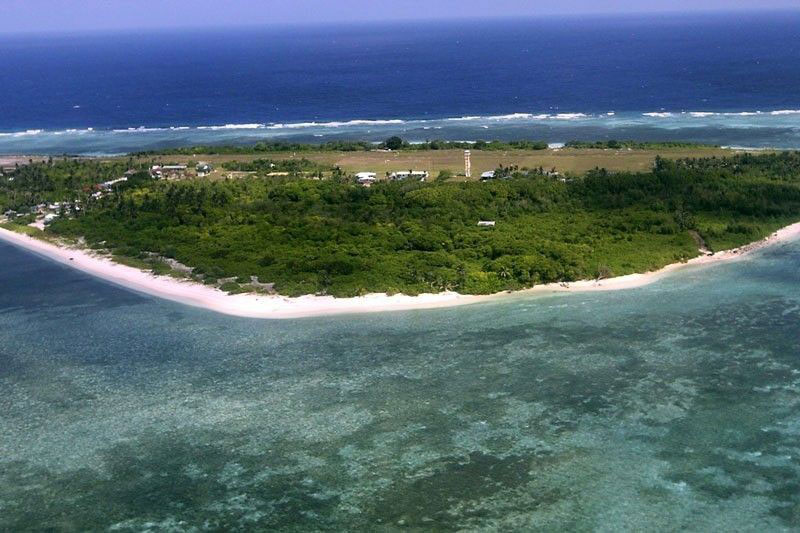
ANALYSTS are calling on the Philippine government to seek a review of the 2016 Hague arbitral ruling on the South China Sea, amid China’s plans to set up a “marine nature reserve” at Scarborough Shoal — one of the most volatile flashpoints in the maritime dispute between the two nations.
While the landmark 2016 ruling by the United Nations-backed tribunal voided China’s expansive “nine-dash line” claim, it stopped short of deciding ownership of specific maritime features such as Scarborough Shoal, which lies just 222 kilometers off the coast of Luzon but almost 900 kilometers from China’s Hainan Island.
Last week, Beijing approved the creation of a reserve covering more than 3,500 hectares at the shoal, with its coral reef ecosystem cited as the primary focus of conservation. However, Manila quickly filed a diplomatic protest, warning that the move is a thinly veiled effort to consolidate Chinese control over the atoll.
“The Chinese encroachment of Scarborough Shoal is a clear obstruction of justice and endangers our country’s resource control,” said Chester B. Cabalza, founding president of the International Development and Security Cooperation, a Manila-based think tank said in a Facebook Messenger chat. “The Philippines must engage with the tribunal court to review evolving interpretations of the 2016 ruling. International law is not static and so is the 2016 ruling.”
China seized de facto control of the shoal in 2012 after a standoff with Philippine forces, and has since limited access to Filipino fishermen. Beijing has not responded to recent requests for comment on the controversy.
Security analysts argue that Manila must continue asserting the tribunal ruling and explore all diplomatic and legal avenues to prevent further erosion of its maritime rights.
“[The Philippines] has to continue to contest China’s dominion over the shoal while avoiding open conflict,” Raymond M. Powell, a fellow at Stanford University’s Gordian Knot Center, said via Messenger chat. “Its hope for victory cannot be realized by military means in 2025.”
Given limited naval capabilities, Philippine authorities have so far opted to deploy its coast guard, rather than warships, to disputed areas like Scarborough Shoal. Mr. Powell described this approach as pragmatic, likening it to a “resistance force” facing a superior occupation.
Other experts say the Philippines must not only defend its claims legally, but also strengthen its national defense posture.
“The only way to deter the Chinese from crossing a ‘red line’ is to show them we are ready to fight back,” Michael Henry Ll. Yusingco, a fellow of the Ateneo Policy Center, said in a Messenger chat. “This requires implementing a genuine self-reliance defense strategy.” — Kenneth Christiane L. Basilio